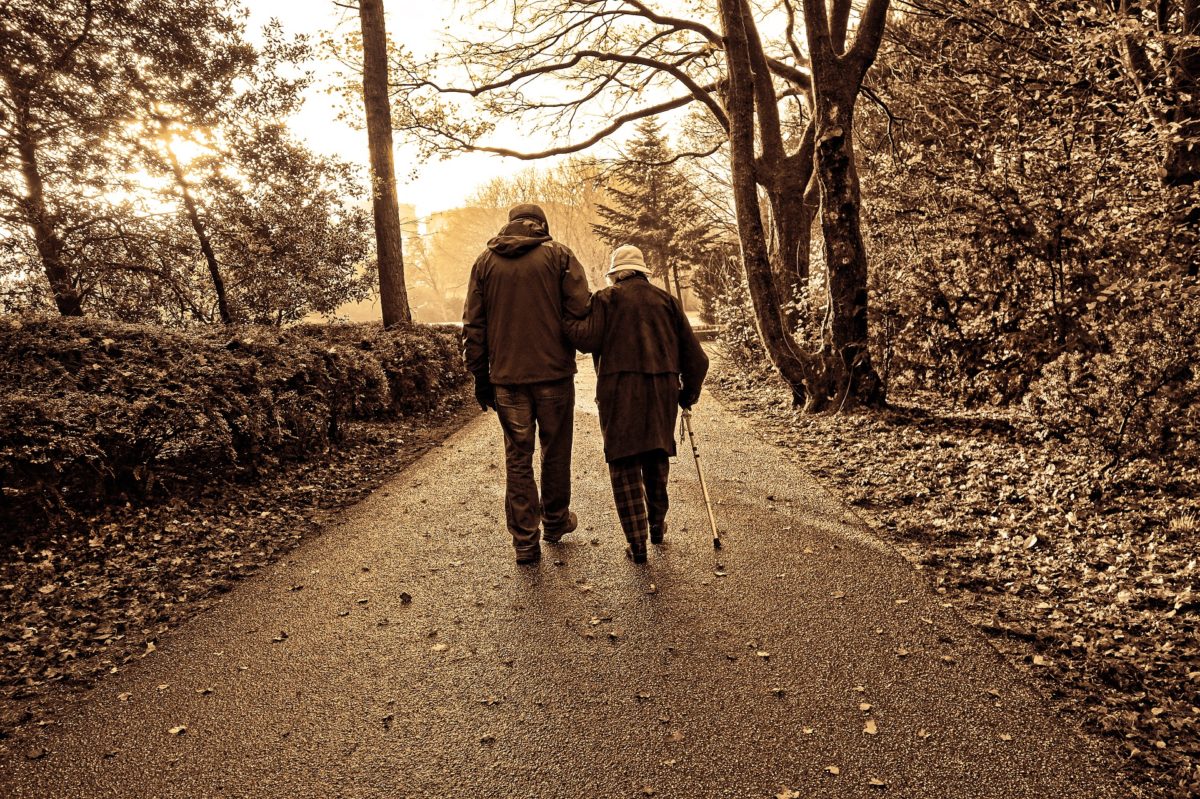Elderly abuse in nursing homes happens at a higher rate than you would believe. You want to be sure that the elderly in your family is in the care of a trustworthy home and staff, and it can be heartbreaking to discover if this trust is breached. The reason this happens is because the elderly population are more vulnerable to physical, mental, emotional, and financial abuse, due to their physical and mental state, so it’s important to stay involved and advocate for your loved one.
We outline the proactive steps below you and your loved one can both take in order to detect any signs of mistreatment or neglect to ensure they are not a recipient of abuse. If you are unsure, it is in your best interest to consult with an attorney at Tramontozzi Law Offices who specializes in this area.
For every incident of elderly abuse that does get reported, an estimated 22 do not, according to the National Center on Elder Abuse. By informing yourself on the topic of elder abuse and actively raising awareness of this issue, you will help to prevent it. This will hold caregivers accountable and bring forth neglect or abuse.
How elderly abuse can be prevented:
- If your loved one is in a nursing facility, stay involved in the process from the transition to the home and care throughout. Call and visit as much as you can. Observe for any signs of elder abuse or evidence that they are receiving adequate care from the staff. Be an active participant in all care plan meetings. Monitor their care on an ongoing basis.
- As their family member, notice the signs: Signs can be subtle or obvious, like having basic needs neglected, hygiene neglected, medical neglected, emotional or social neglect. Some signs of these types of neglect and abuse are below:
- Physical Signs: Bedsores, or pressure ulcers, unsanitary living conditions, sudden weight loss, injuries from nursing home falls: dirt, bugs, soiled bedding and clothes; unsuitable clothing or covering for the weather; dehydration,malnutrition, withdrawn behavior, or unusual changes in behavior; changes in personal hygiene or appearance efforts; a growing lack of friendly interaction with the nursing home staff, a growing lack of friendly interaction with the other nursing home residents; environmental hazards, such as poor lighting, slippery floors, unsafe mobility equipment, or unsafe furniture in the nursing home patient’s room
- Monitor the elder’s medications to ensure the amounts being taken correspond to the prescription dates.
- Emotional and Psychological Signs: Uncommunicative and unresponsive, unreasonably fearful or suspicious, lack of interest in social contacts, evasive or isolated, unexplained or uncharacteristic changes in behavior
- Passive neglect is a caregiver’s failure to provide an older adult with life’s necessities, including, but not limited to, food, clothing, shelter, or medical care.
- Financial Abuse: The elderly are vulnerable to financial abuse. The ways you can protect from this are to work with an attorney to put into place planning tools such as living wills, advance directives, power of attorney designation, etc. These measures can help reduce the risk of financial exploitation and ensure that the individual is cared for in health and overall wellbeing. Then it’s a good idea to review your will periodically.
- Staying active in the community and connected with friends and family. This will decrease social isolation, which has been connected to elderly abuse.
- Criminal Background and Abuse Registry Checks: Using tools like criminal background checks, arrest records, abuse registries, and complaint registries is an excellent tool to help prevent elder abuse. Before an individual or facility is tasked with caring for your loved one first explore their abilities, training, and dedication to the job.
- As their family member, get to know the staff and build relationships: Know the facility’s policy and procedures on who you should go to with concerns or problems.Develop good working relationships with key administrative and supervisory staff.
- Knowing your rights. Check the Massachusetts elderly justice laws here
- If you suspect elderly abuse, don’t wait and try to resolve this alone. Identify the signs and don’t delay, then be in touch with an attorney.
When there are indications that your elderly loved one has been abused or neglected, we will advise you of your legal options so that you can put an end to the maltreatment. In some instances, this may mean speaking with nursing home management to stop the cycle of elderly abuse. In more serious cases, we may recommend that you file a personal injury action to hold the nursing home accountable for their actions or negligence.
You and your family have a right to expect that your elderly loved one be treated with kindness, care, and dignity. Once you contact our firm, we’ll do all that we can to help you achieve that goal and protect your loved one’s rights. Be sure to read our previous post on elderly abuse laws in Melrose here.
John Tramontozzi at Tramontozzi Law Offices has assisted families in these situations with great success in advocating for clients, obtaining compensation and ending a cycle of mistreatment. He understands and has worked with families who are struggling with the impact of substandard care. If you or your loved one has experienced elder neglect or abuse contact Tramontozzi Law Offices. John Tramontozzi and his team can assist and inform you of your legal rights and maximize your compensation.

